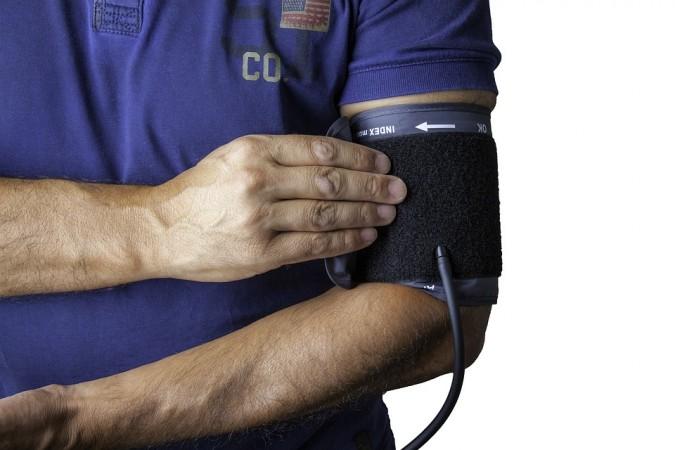
Blood pressure in the elderly adults gradually begins to decrease about 14 years before death, reveals a new study.
The researchers came to the conclusion after looking at the electronic medical records of 46,634 British citizens who had died at age 60 or older. The sample included people who were healthy and also those who had conditions such as dementia or heart disease.
According to the University Of Connecticut in Mansfield, U.S. the results indicate that blood pressure declines were steepest in patients with dementia, heart failure, late-in-life weight loss and those who had high blood pressure. Long-term declines also occurred without the presence of any of these diagnoses.
Study author George Kuchel said: "Our work highlights the importance of conducting research evaluating older patients like those seen in physician practices everywhere."
He added: "I would be very concerned if anyone were to interpret our article as suggesting that hypertension should not be treated in late life or that they should stop their blood pressure medications."
He mentioned that the findings should make both doctors and researchers carefully consider what dropping blood pressure really means for older patients.
Though there's a number of signs and symptoms that often occur in a year or two before death, blood pressure is the most noticeable. It is mainly because it's numerical, frequently measured and valued by patients and physicians, the research paper notes.
However, according to researchers, more research is needed to figure out why blood pressure declines in the elderly in this way. "Observational studies such as ours need to be followed by rigorous clinical trials in order to guide clinical care guidelines," said Kuchel.
The study was published in the Journal of the American Medical Association Internal Medicine.








